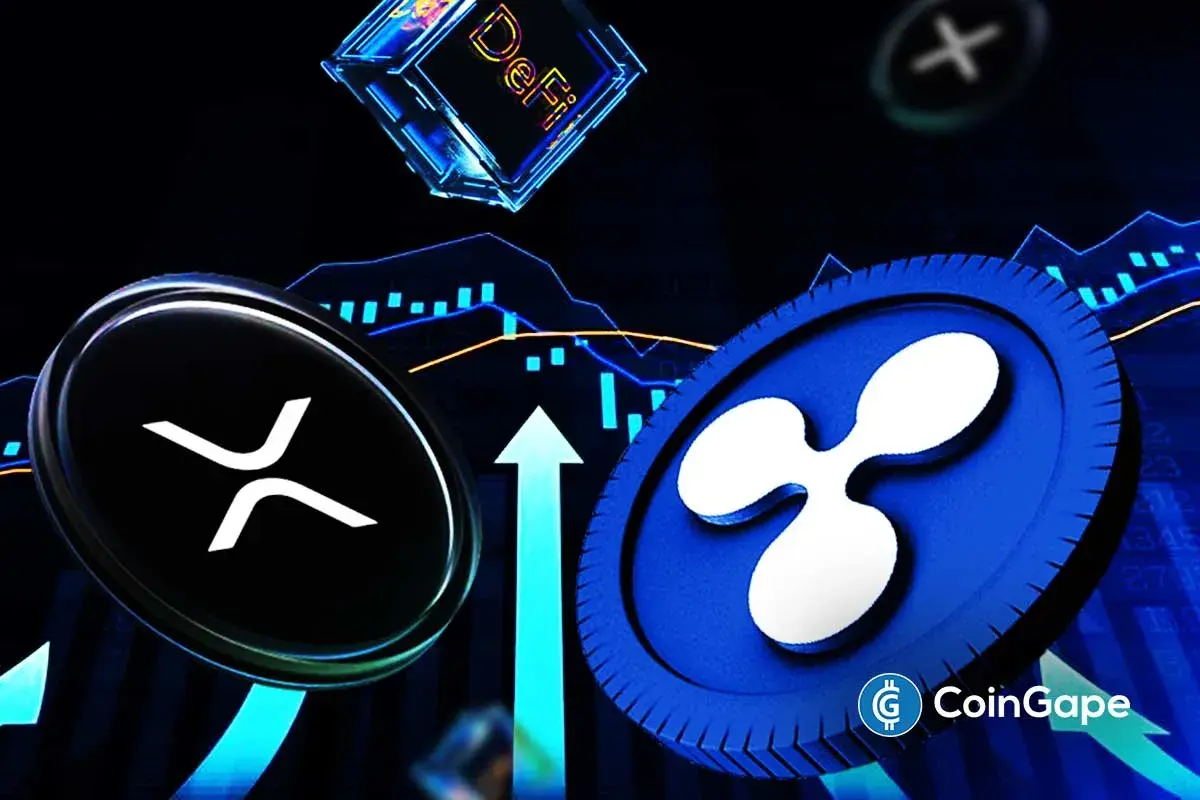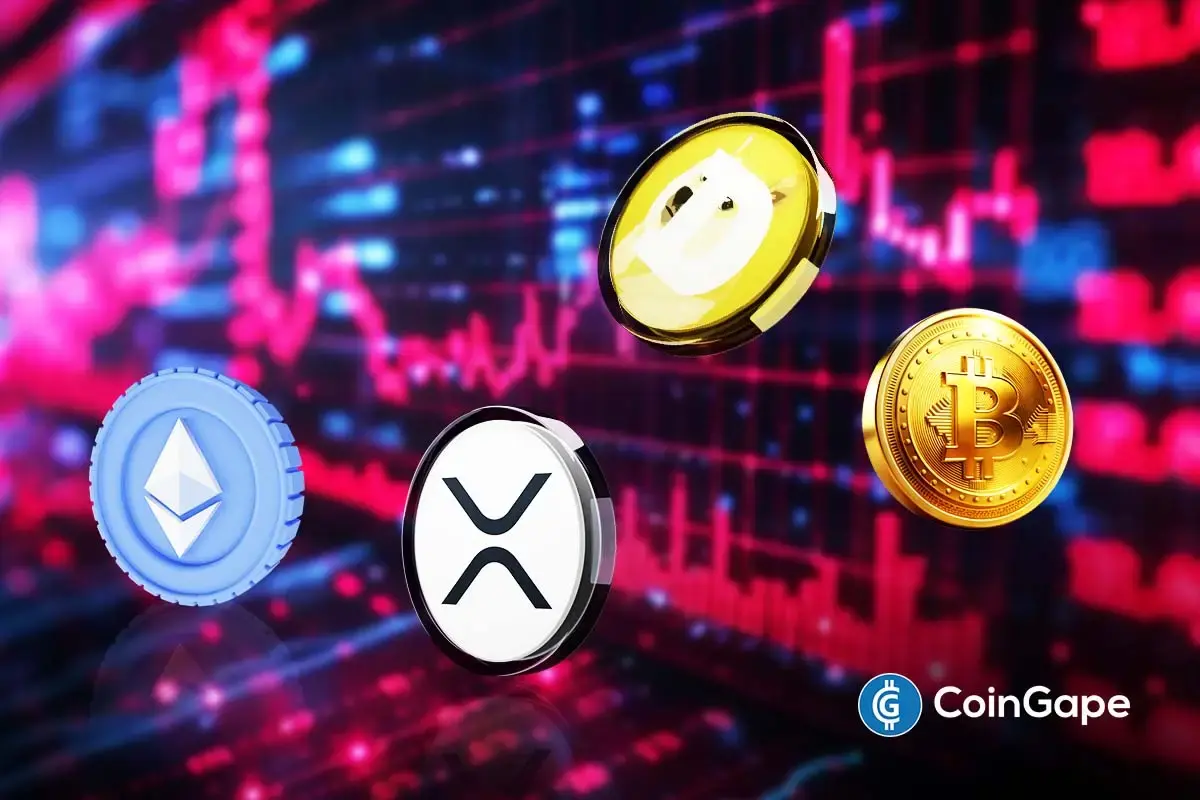XRP Lawyer Weaponizes X Community Notes Against SEC Crypto Scam Alert

Highlights
- The SEC faced criticism from XRP lawyer Fred Rispoli after warning about crypto scams on X.
- Rispoli accused the SEC of misleading investors, highlighting ongoing tensions with the crypto industry.
- The SEC's actions against major crypto firms, including a Wells Notice to OpenSea, raised concerns about stifling innovation.
A recent post by the U.S. Securities and Exchange Commission (SEC) on X (formerly Twitter) has sparked significant backlash from pro-XRP lawyer Fred Rispoli. The SEC reiterated its warning regarding crypto scams. However, Rispoli leveraged X community notes to counter the claim.
XRP Lawyer Thrashes SEC’s Crypto Scam Warning
The SEC warning on X stated, “Scammers often use innovations and emerging technologies like #crypto to perpetrate investment scams,” urging caution among investors. The SEC’s post aligns with a May Investor Alert issued by its Office of Investor Education and Advocacy.
The alert warned of increasing crypto scam cases, where scammers exploit the popularity of digital assets to lure investors. The alert outlined five common tactics used by fraudsters, including establishing trust through social media and directing victims to fake investment platforms.
“Fraudsters Connect With You on Social Media Platforms or Through a Supposedly Accidental Text Message, and Then Gain Your Trust,” the alert stated, emphasizing the dangers of relationship-based scams, often referred to as “pig butchering scams.”
However, Rispoli quickly responded, requesting a review of the SEC’s post via X community notes. He accused the agency of misleading investors. He said, “The OP has scammed hundreds of thousands of investors into purchasing crypto given the agency’s all clear only to be rugged by the agency at a later date.”
This criticism highlights ongoing tensions between the SEC and the crypto industry. For context, the American watchdog allowed Coinbase to go public in 2021 but later crackdown on the exchange for alleged sale of securities.
The XRP lawyer’s response on the crypto scams warning reflects a growing disappointment amid legal actions against major firms such as Binance, Kraken, and Uniswap. These companies have faced scrutiny over alleged violations of securities laws. In these cases, the agency claims that many digital assets and trading platforms qualify as securities and should be regulated as such.
OpenSea Wells Notice
In a recent high-profile case, the SEC issued a Wells Notice to OpenSea, a leading NFT marketplace. The regulatory body threatened to sue the platform for sale of NFTs, which it deems to be securities. This move has drawn parallels to past cases involving other crypto firms.
OpenSea CEO Devin Finzer expressed shock at the SEC’s stance, arguing that the regulator’s actions could stifle innovation in the digital collectibles space. Finzer pointed out that the SEC has now entered the “uncharted territory.” He also suggested that many artists and creators could be negatively impacted by these regulatory measures.
This aligns with Rispoli’s claim of the SEC being behind ‘crypto scams’ that affect investors owing to ambiguous regulation. Adding further complexity to the debate, Ripple CLO Stuart Alderoty referenced a 1976 SEC ruling. At the time, the agency clarified that art galleries promoting and selling artworks for “investment motive” were not required to register with the SEC.
Alderoty argued that this precedent could apply to NFTs, which, like traditional art, are traded as collectibles rather than securities. “Fun fact: In 1976, the SEC ruled that art galleries, even when promoting and selling to buyers that had investment motives, didn’t need to register with the SEC,” he noted.
- Trump’s World Liberty Financial Dumps Bitcoin as BTC Falls Back to 2021 ATH
- CLARITY Act Markup Still On Course as Senate Puts Crypto Bill on Schedule, Lummis Assures
- Fed Rate Cut Odds Climb Following Weak Jobless Claims, JOLTS Job Openings Data
- Michael Saylor’s Strategy Bitcoin Position Hits $4.5B in Unrealized Loss Amid BTC Crash Below $70K
- Gold vs BTC: Why JPMorgan Suggests Buying Bitcoin Despite Price Crash?
- Ethereum Price Prediction As Vitalik Continues to Dump More ETH Amid Crypto Crash
- Why XRP Price Struggles With Recovery?
- Dogecoin Price Prediction After SpaceX Dogecoin-Funded Mission Launch in 2027
- Solana Price Crashes Below $95 for the First Time Since 2024: How Low Will SOL Go Next?
- Ethereum Price Eyes a Rebound to $3,000 as Vitalik Buterin Issues a Warning on Layer-2s
- Pi Network Price Outlook as Bitcoin Faces a Strong Sell-Off Below $80k
















